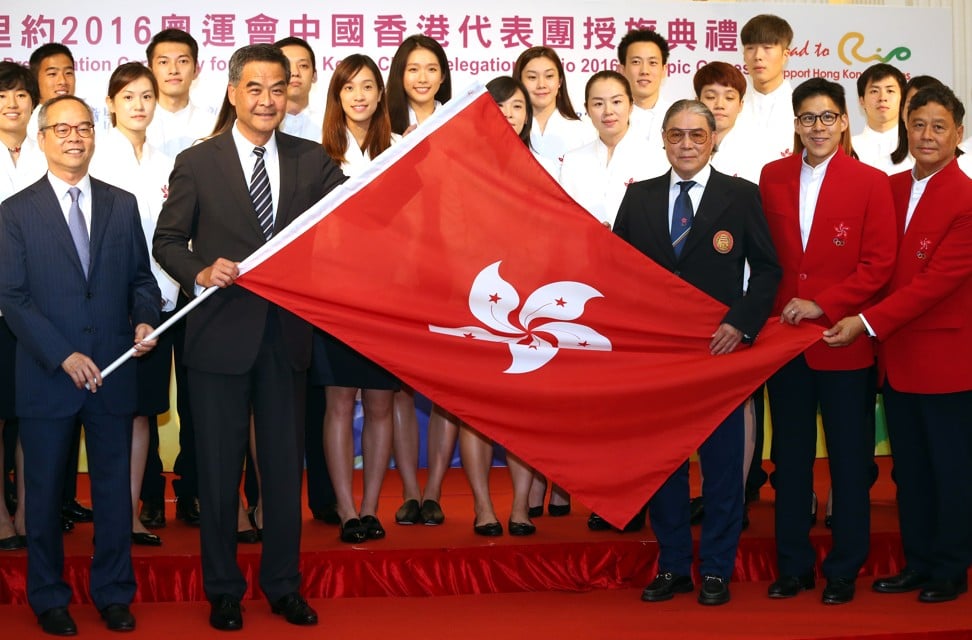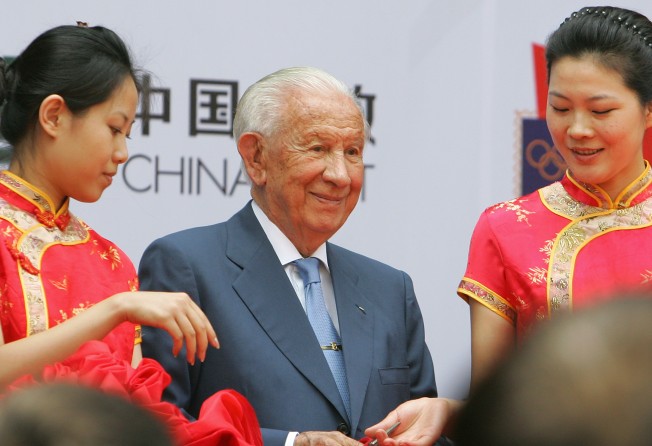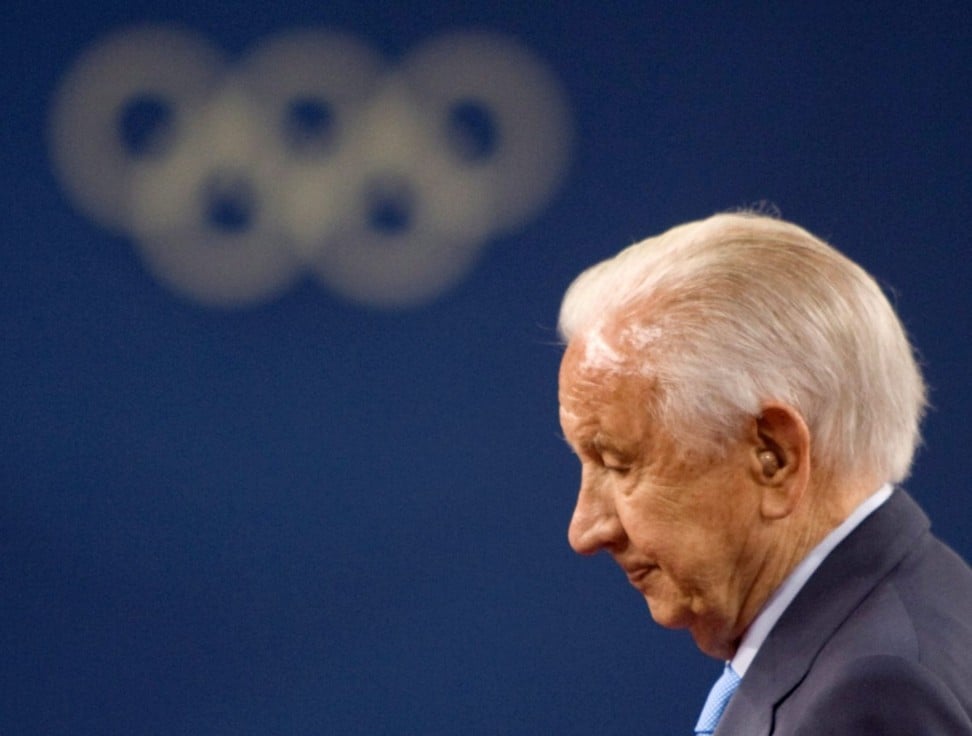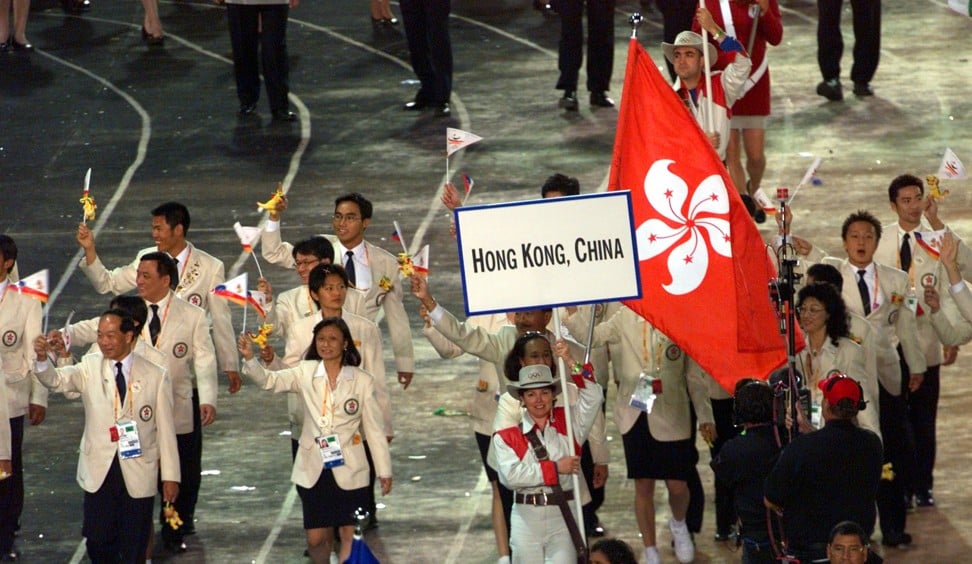
‘I want to meet the top brass in Beijing’: Samaranch’s demand before signing off on Hong Kong’s sporting future
Former IOC president wanted to meet a top Chinese leader and Hong Kong officials scrambled to fulfil his wish

The prospect of IOC president Juan Antonio Samaranch queueing up for a China visa was awkward for Hong Kong officials.
Samaranch had arrived in Hong Kong for the 1997 handover ceremony and his signature was crucial for Hong Kong to secure its coveted separate sporting identity under Chinese rule.
In the years, leading up to the handover, Samaranch had been supportive but just days before the big moment he had one unconditional demand – he wanted to meet China’s leaders ... not the sports leaders but the men who ruled the country.
Timothy Fok Chun-ting, president of the Sports Federation & Olympic Committee of Hong Kong, said that presented two problems – getting a China visa at such notice and ensuring that, once he arrived in Beijing, Samaranch would be able to meet a top official.

As for the visa, he hinted that the Spaniard bypassed all border controls and it is understood that Fok’s father, the late Henry Fok Ying-tung, who was a former top official at Fifa, helped ease his path.
In the end, Samaranch, on July 3, 1997, put his signature to the document that kept Hong Kong as a separate member of the International Olympic Committee.
Timothy Fok said that while the Basic Law had guaranteed Hong Kong’s separate status, there was tension until Samaranch signed off.
“After he went to Beijing and met with the leaders, he was satisfied that they meant well for Hong Kong and he was happy to sign the document,” said Fok.
Samaranch was one of two powerful sporting leaders who were in Hong Kong for the handover ceremony, the other being Brazil’s Joao Havelange, then president of Fifa. The presence of the two giants of world sport added credibility to Hong Kong’s status as a sporting entity.

Saramanch passed away in April, 2010 at the age of 89, while Havelange died in August last year, aged 100.
Ronnie Wong Man-chiu, honorary secretary general of the Hong Kong Olympic committee and a long-time official with the body in various capacities, was also a member of the Hong Kong Basic Law Consultative Committee responsible for canvassing public opinion on the Basic Law in the lead-up to 1997.
Being inside the political instruments that prepared Hong Kong for the handover, Wong said he was always confident the city’s sporting future would be secured.
For him, the only real issue was the Hong Kong’s name after 1997. Hong Kong wanted to remain as “Hong Kong” while China insisted on “Hong Kong, China”.
“We had a lot of back and forth about this, and I said to the Chinese side, ‘what’s the problem?’ Keep it as ‘Hong Kong’ and it would save a lot of hassle,” said Wong.

Indeed, while most world sports organisations were ready to accept Hong Kong, the only body that voiced opposition was the Asian Football Confederation, of which Hong Kong was one of the founding members and provided the first four presidents.
“Once the AFC saw that Fifa had accepted Hong Kong, they had no choice but to go along with it,” said Fok.
For Wong, Hong Kong should be thankful for being able to compete under a different flag and should start thinking about what will happen in 2047, when the “one country, two systems” concept is supposed to give way to a “one China” future.
“I know it’s still 30 years away but we should be working out a plan to make sure we are still a separate sporting entity after 2047,” said the 65-year-old Wong, who represented Hong Kong as a swimmer in the city’s first-ever Olympics in Helsinki in 1952.
“Sport has come a long way in the past 20 years, we have more money and more quality athletes,” he said.
“Sport is also a more important part of Hong Kong life. We should look to ensure that it continues into the future.”